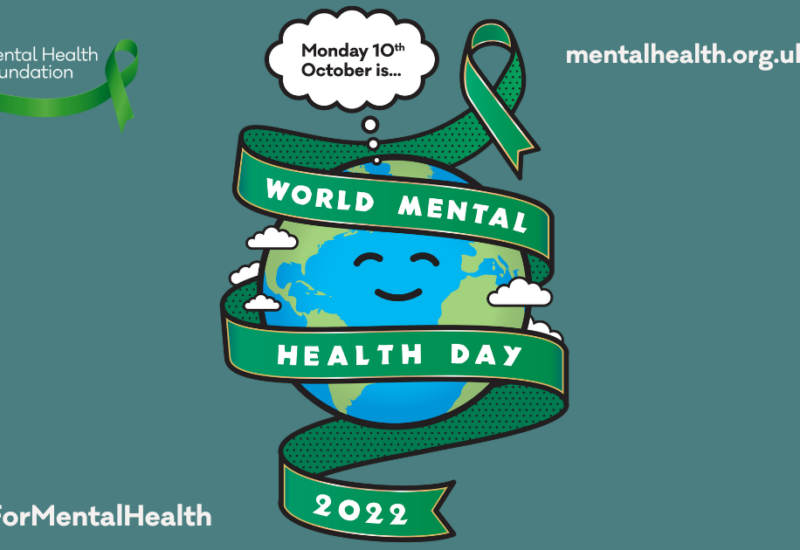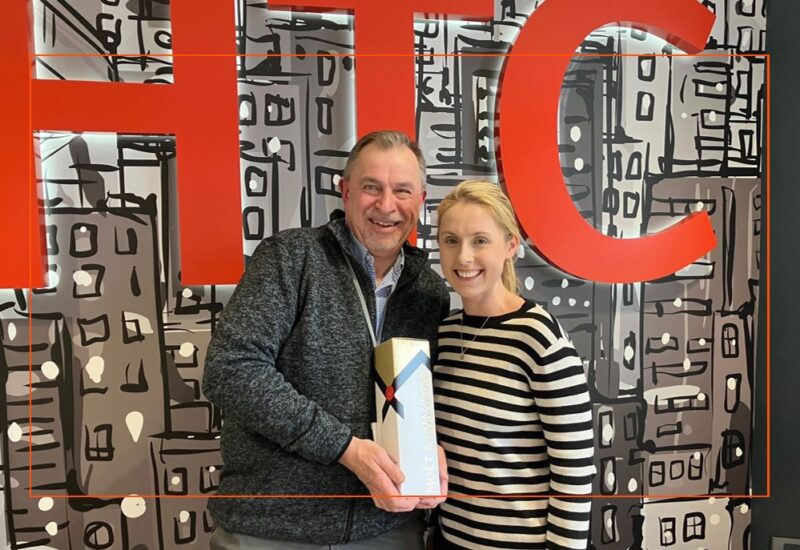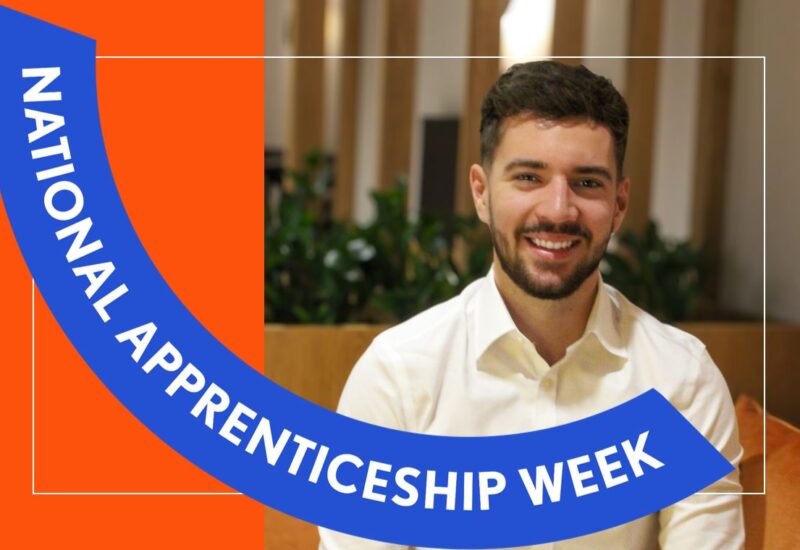
In celebration of World Mental Health Day on 10th October, we spoke with David North about his choice to become a mental health first aider, and he shared his thoughts on how important small actions can be for someone’s mental health as well as his own methods for looking after his mental wellbeing.
Why is looking after your mental health so important?
There are a number of reasons to look after your own mental health, but for me it’s mostly because of the far-reaching effects that it can have for those who are most important in our lives, such as family, friends, and colleagues. If we’re not looking after our mental wellbeing, our loved ones have to deal with the repercussions, in the way we interact with them, and how effective we are in both our job and personal life.
With work, there’s a fine line between being a business owner and being a human being. As much as you want your business to succeed, you owe it to yourself to set aside time away from the office to check in on how you’re feeling, especially when balancing the demands of everyday life. So, dedicating time each week to my mental health is crucial for ensuring I get this balance right.
What strategies do you use to support your mental health?
I like to concentrate on a few pillars that help me maintain my mental wellbeing, such as eating healthily, a regular sleeping pattern and exercise. Instead of using my phone in the evening, for example, I prefer to read a book to help me properly switch off, so I can get a good amount of sleep to carry me through the day.
However, my main strategy is exercising. I enjoy skiing, cycling, and exploring the outdoors, and now have Sunday as my dedicated day for relaxing and getting outside. This used to be quite competitive for me but now I find more joy in the friendships that I’ve fostered through exercise and make sure that I’m taking regular breaks to stop and talk to people and ask how they are – as this is so important.
Do you manage to take time during the working week for your mental health too?
During the working day, time is precious. I like to implement microbreaks where I can, to go for a walk or listen to a podcast. With the Clifton Downs on the doorstep of the office, it’s the perfect location to take five minutes to decompress in a busy day and be surrounded by nature.
What attracted you to becoming a mental health first aider?
As a line manager, I love seeing my team develop. The best part of my job is watching graduates enter the workforce, pick up new skills, and develop into capable professionals. However, when covid struck, I saw the negative effects of working from home on the team, with some colleagues completely isolated from real human connection. I began to feel the effects of this myself too – zoom meetings lacked the daily informal conversations around the coffee machine and taking time to catch up with colleagues away from work became more difficult.
Being a line manager involves both personal and professional care, so becoming a mental health first aider seemed like the best next step that I could take to assist those around me. People are what makes HTC so amazing. And seeing the effects of covid really motivated me to learn how to support my team better and create an environment where people could openly communicate their feelings.
How did you find the mental health course?
It was such a great learning experience, and I now feel a lot more confident in being able to check in with those around me. I would welcome the opportunity to be a part of more sessions like this, so watch this space for more opportunities at HTC to become better supporters of each other’s mental health, as there is still so much more to learn.
How does HTC support its employees with their mental health?
Working closely with our HR team, we have outsourced professionals in different areas and implemented several initiatives in the workplace to aid mental wellbeing. For example, we offer a 24-hour support line through our employee assistance programme. All employees also have access to eight in-person or online counselling sessions, as well as the opportunity to seek general legal and financial professional guidance. These schemes do help make life a bit easier for our team and we hope that everyone at HTC feels that they have the access and support to speak to someone about anything that may be worrying them.
And how does HTC support its employees with their mental health on an everyday basis?
We have really tried to make work-life balance a top priority at HTC since covid. The traditional model of long hours in the office is no longer acceptable, and it’s something that we have never supported. We now have flexible and hybrid working models in place too. For my team, we try to all be in on a Monday to catch up and then they have the flexibility to work in a way that suits them.
At HTC, Partners lead from the front, so it is unlikely you will see us at work at 8am or at 6.30pm because we believe we need to show our team the importance of work-life balance.
Finally, do you think that more could be done to support mental health at work?
Overall, I think we need to continue raising awareness around the importance of mental wellbeing. There is sadly still a stigma around these discussions and there shouldn’t be. Our colleagues are who we spend the most time with during the week, so let’s make it a priority to check in with them and ensure that this is not a stilted or forced conversation but natural, so everyone is comfortable to share how they’re truly feeling.


